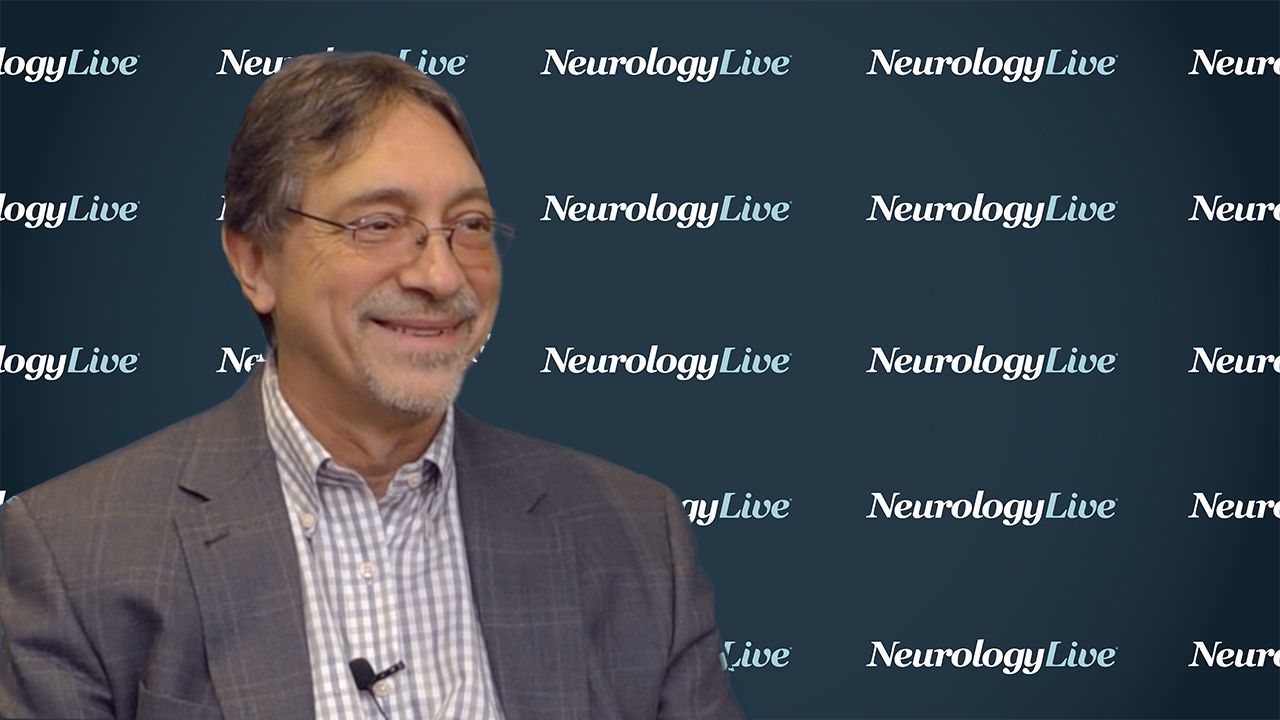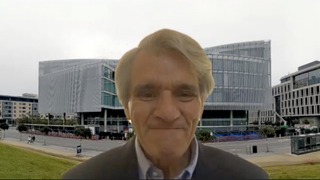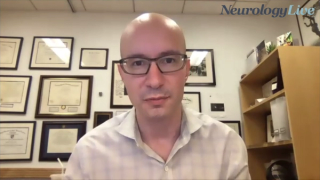
MS and Demyelinating Disorders
Latest News
Latest Videos

CME Content
More News
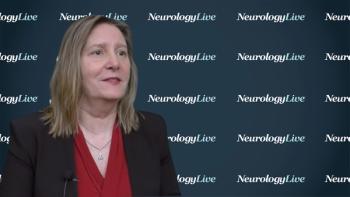
The Professor in UCLA's Department of Neurology and Director of the UCLA MS Program stressed the importance of basing research on clinical observations, understanding them in the lab, then designing novel clincal trials.
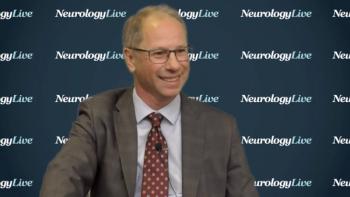
The neurologist at Cleveland Clinic Mellen MS Center spoke about the issues in multiple sclerosis that need to be addressed.

The professor of neurology at Harvard Medical School discussed differentiating pediatric MS from other CNS disorders, as well as the process of treating and managing these patients.
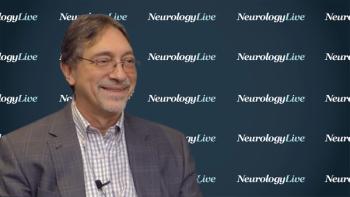
The Senior Vice President for Research and Training at Kessler Foundation discussed the results of the SUNBEAM trial, which indicated that ozanimod resulted in sustained improvement in cognitive processing speed, supporting its efficacy in relapsing MS.

Experts say that while CBD and THC may have potential in multiple sclerosis and epilepsy, research on the endocannabinoid system is in its infancy—and the literature isn’t perfect.

Neurology News Network for the week of March 30, 2019.

The EMD Serono product was approved based on data which displayed a significant decrease in the number of relapses experienced by patients with MS who had ≥1 relapse in the previous year, compared to placebo.

The multiple sclerosis specialist at the Corinne Goldsmith Dickinson Center for MS at Mount Sinai spoke about improving a patients' quality of life through symptom management.

The neurologist at Cleveland Clinic’s Mellen Center provided his insight into the clinical evidence for the selective sphingosine 1-phosphate receptor modulator.
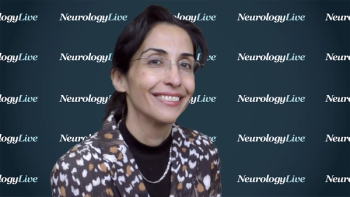
The immunology expert from the University of Sherbrooke shared her insight about where she sees the future of MS research headed, and the need to focus attention on the body’s innate immune response.

The professor of neurology at the University of Colorado spoke in-depth about the treatment landscape, the biggest unmet need, and some of the challenges of research in progressive MS.
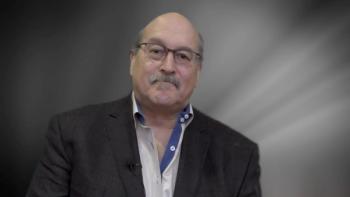
The director of the multiple sclerosis research unit at Ottawa Hospital spoke about the results of BENEFIT 15 that support early intervention of interferon beta-1b treatment at or shortly after CIS.

With the lack of a gold standard diagnostic test, a study has shown through latent class analysis that cerebrospinal fluid immunoglobulin G may be a practical tool for determining the onset of MS in patients, particularly those who tested negative under the 2005 and 2010 McDonald criteria.

Marketed as Mayzent, the selective sphingosine 1-phosphate receptor modulator is the first treatment for patients with active secondary progressive multiple sclerosis in almost 15 years.

Celgene is supporting its new drug application for the S1P receptor modulator with data from the RADIANCE and SUNBEAM phase 3 trials in MS.

The research assistant at the University of British Columbia-Vancouver detailed the success of myelin water imaging in the spinal cords of both healthy controls and patients with multiple sclerosis.

The multiple sclerosis specialist at the Corinne Goldsmith Dickinson Center for MS at Mount Sinai spoke about risk mitigation in patients with MS and why it's important to choose medicines in an effective way.

The director of the multiple sclerosis research unit at Ottawa Hospital spoke about the need for clinicians to select the right patient for the right treatment in the MS clinic.

The Global Head of Neuroimmunology at Genentech discussed the results of a substudy that found that the use of advanced imaging metrics in MS clinical trials may provide specific information about tissue damage and potential repair.

Neurology News Network for the week of March 22, 2019.

The therapeutic head of neuroinflammation and pain at Novartis spoke about his desire to work to a point where physicians can use NfL to monitor disease activity, make therapeutic decisions, and give perspective to patients.

The staff neurologist at Cleveland Clinic's Mellen Center spoke about his clinical experience in switching patients from their current disease-modifying therapy to ocrelizumab.

With a pair of sBLAs under FDA review, the Allergan treatment may finally have an official indication for use in spasticity after years of off-label use by physicians.
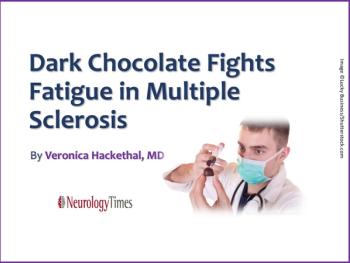
Because dark chocolate is relatively inexpensive-and many people like its taste-it could be a pragmatic adjunct to treatment in MS.
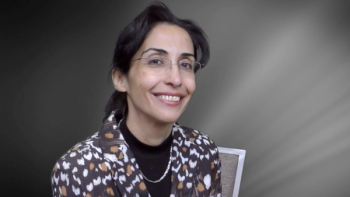
Gharagozloo spoke about the early phase model of MS she and her colleagues developed to explore the use of Nlrx1, a mitochondria-located innate immune sensor, in CNS inflammation.





